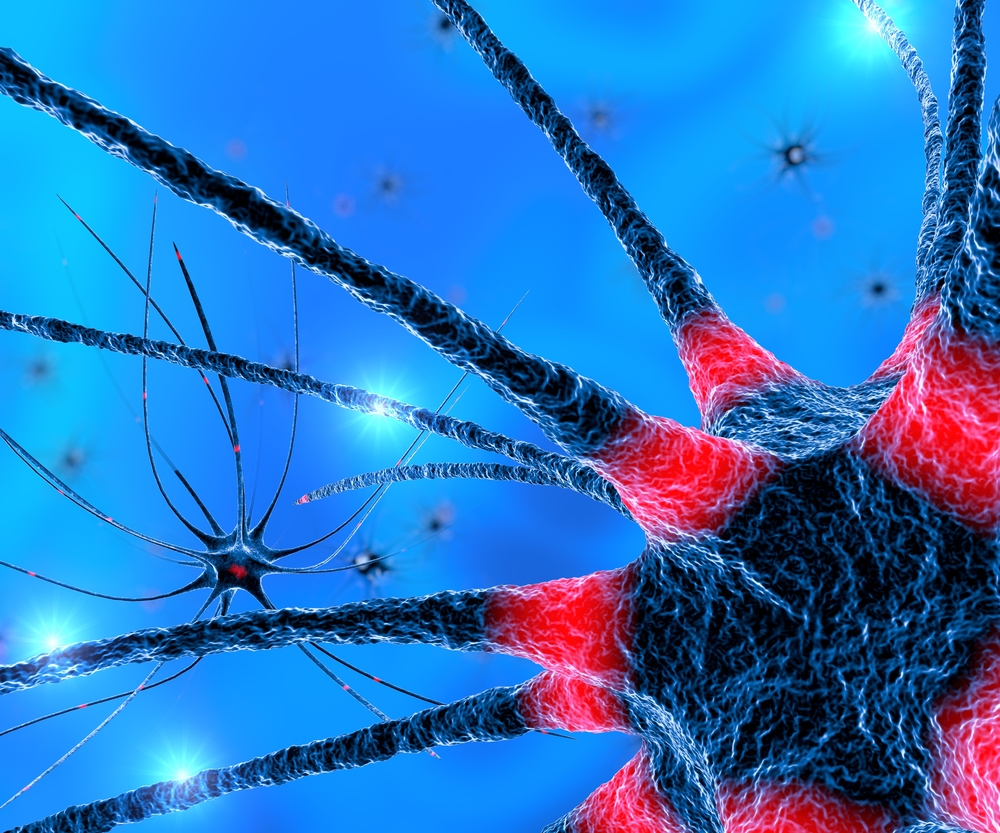Researchers Find Novel Drug Promising For Alzheimer’s Disease
Written by |

New research presented during the 14th International Conference on Endothelin: Physiology, Pathophysiology and Therapeutics, focused on the effects of IRL-1620 in a rat model of Alzheimer’s disease (AD). The compound, which acts on the endothelin B (ETB) receptor, reduced learning and memory deficits and oxidative stress in the animals, showing potential as an AD treatment.
About 5.3 million people in the U.S. have AD and an estimated 473,000 individuals will develop the disease in 2015. Five FDA approved drugs are available to treat the disease, however, these medications only marginally delay the symptoms of AD and neither cure it nor stop its progression.
ETB receptors are essential for brain development and are found in blood vessels. IRL-1620 may help protect brain cells (neurons) through its effects on promoting blood vessel formation.
The researchers induced an experimental form of AD in the animals by injecting their brains with beta-amyloid protein, which is believed by many scientists to be the cause of AD. The animals had learning and memory problems and experienced increased oxidative stress in their brains, which refers to the formation of damaging free radicals that can kill neurons.
“We used the novel approach of stimulating the endothelin B receptors by intravenous injection of IRL-1620 to prevent and repair the damage to the brain caused by Alzheimer’s disease,” remarked study co-author Seema Briyal, PhD of Midwestern University, Downers Grove, IL.
Treatment with IRL-1620 improved AD-like symptoms observed in the animals. Briyal noted “We found that treatment with IRL-1620 reversed these effects. Intravenous injection with the drug improved memory deficit by 50 to 60 percent and reduced oxidative stress by 45 to 50 percent. We also found that treatment with IRL-1620 enhanced certain recovery processes within the AD-damaged brain, resulting in more new blood vessels and neuronal cells. This indicates reparative processes occurring in the damaged brain.”
In addition to their conference presentation, the scientists recently published the effects of IRL-1620 on rats with experimental AD in a report entitled “Stimulation of endothelin B receptors by IRL-1620 decreases the progression of Alzheimer’s disease” that appeared in the journal Neuroscience. They found that IRL increased beneficial molecules in the brain, known as nerve growth factor (NGF) and vascular endothelial growth factor (VEGF). The team noted that “IRL-1620 improves both acquisition (learning) and retention (memory) on the water maze task and enhances angiogenic and neurogenic remodeling. These findings indicate that the ETB receptor may be a novel therapeutic target for AD and other neurovascular degenerative disorders.”
This research emphasizes the possible need to target both the nervous system and the circulatory system when treating AD. Additional studies, ultimately in humans, are needed to understand the full potential of IRL-1620 as a treatment for AD.





